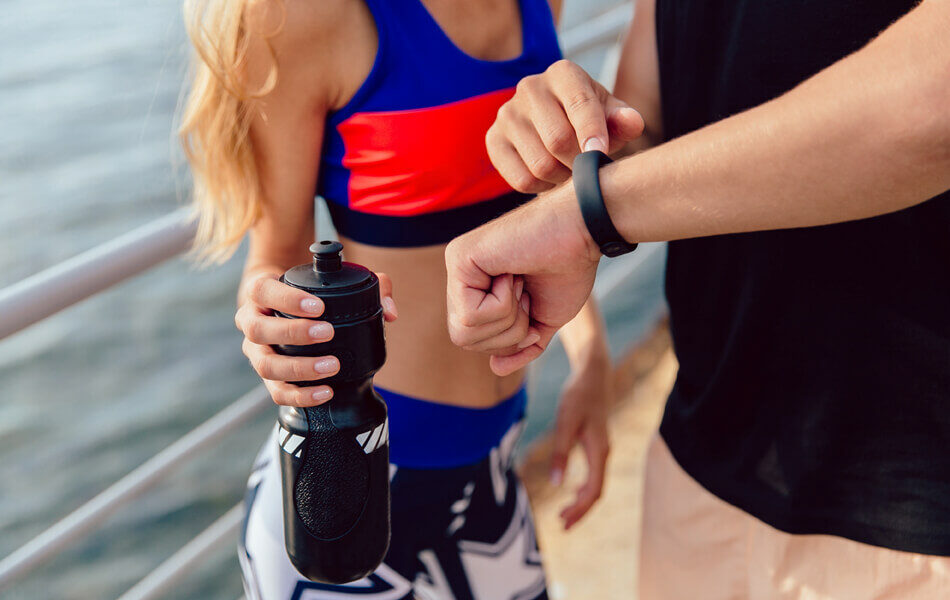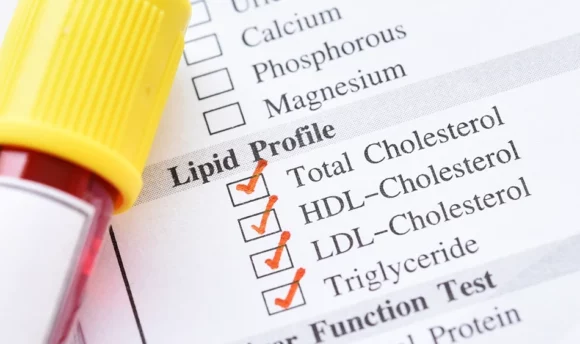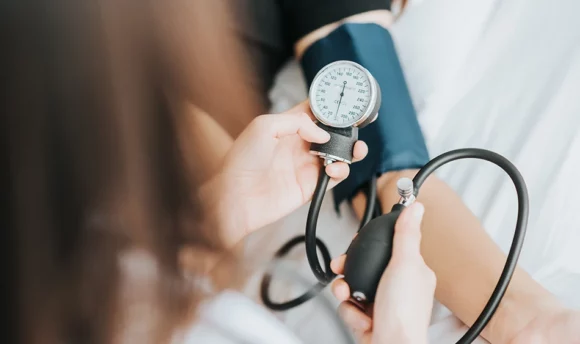How Does Exercise Affect Heart Rate? Understanding Heart Health
Interested in learning more about your heart and how it’s affected by exercise? Then you’ve come to the right place. We’re taking a deep dive into everything you need to know about what working out does for your heart.

The phrase “getting the blood pumping” isn’t meaningless. It holds some truth since doing any form of physical exercise tends to cause your heart rate to speed up and for you to feel like your blood is flowing a little quicker than usual.
But why is this? Why does exercising affect our heart rate so? We’re going to answer these questions and more throughout this article. Health Reporter is here to provide you with all the facts about how working out influences your heart rate.
We’ll take a look at some of the heart-health benefits of working out and what happens to your heart after you have finished an exercise. Read on for more.
How Does Exercise Affect Heart Rate?
When we exercise, our heart beats quicker so that more blood is distributed throughout the body. Your heart can also increase its stroke volume by pumping more forcefully or by increasing the amount of blood that fills up the left ventricle before it pumps.
The heart is a muscle and, like any other, becomes more efficient with exercise. When you exercise regularly, your muscles help circulate blood throughout your body, taking some of the strain off your heart.
Over time, your heart does not need to work as hard to pump blood and give your body more oxygen because it becomes stronger. Your heart won’t have to work as hard to provide your body with oxygenated blood when you exercise.
As you start exercising, your heart will contract quicker, and your circulation will increase. This makes oxygenated blood flow to your muscles quicker. As the demand for blood increases, the heart will attempt to meet this demand by increasing its heart rate and the force of its cardiac output.
This results in a twofold increase in oxygen delivery – your heart beats more per minute, with more forceful contractions each time. It does this to pump more blood throughout your body with each heartbeat.
Why Does Heart Rate Increase During Exercise?
During exercise, your heart typically beats faster so that more blood goes out to your body. Exercise is all about the supply and demand of oxygen throughout your body. How much exercise you perform is going to determine how much oxygen your body needs, which, in turn, will determine your heart’s cardiac output.
Whenever the intensity of your exercise increases, your muscles will require more oxygen to power your growing workload. To need this sudden oxygen demand, your body responds by increasing its supply of oxygen.
The body begins to release norepinephrine via the sympathetic nervous system, causing your breathing to accelerate to bring more oxygen into your blood flow. Your heart rate will increase and become more forceful, sending oxygen-rich blood to the muscles.
How much does your heart rate increase during exercise?
Your target heart rate depends on various factors, but no heart rate is necessarily too high or too low with exertion. With that being said, there are methods of determining your ideal heart rate based on the maximum heart rate for your age.
One of the simplest calculations is subtracting your current age from 220, which will give you your maximum heart rate. Two other methods are as follows:
For men: 208 – (age x 0.7) = Maximum Heart Rate
For women: 206 – (age x 0.88) = Maximum Heart Rate
It’s important to remember that this is a hypothetical number. Most people cannot reach their maximum heart rate because doing so is simply too uncomfortable. A healthy heart will be able to get fairly close, but it’s mostly high-level athletes that can maintain their theoretical maximal heart rates.
How Does Exercising Help Your Heart?
Exercise will affect your heart health in many positive ways. A regular workout routine can help lower your blood pressure, maintain a healthy body weight, reduce your risk of developing diabetes, and reduce inflammation throughout your body.
Exercise also improves your muscles’ ability to pull oxygen from your blood, which means that your heart does not need to work as hard or pump more blood to your muscles during exercise. It can reduce stress hormones that can increase blood pressure and burden the heart while acting as a beta-blocker to slow down your heart rate and reduce blood pressure.
You’ll want to pair regular exercise with a healthy diet to reap the full range of cardiovascular benefits. Simply working out can help with weight loss, but it is unsustainable long-term if you are not eating healthy.
What Happens to the Heart Rate After Exercise?
When you have finished exercising, your heart rate will return to its resting rate fairly quickly. As with other muscles, your heart becomes more effective the more often you exercise.
So, the more you exercise, the less your heart rate will increase when you are active.
If you continue to work out for a period of time, you will not only see a range of cardiovascular benefits, but you can also expect an increase in your recovery rate. If you want the most consistent results possible, choose one measurement method and stick with it.
When you perform high-intensity workouts, your body enters an oxygen-deprived state. This is known as anaerobic exercise, and once you’ve completed it, your body will take a while to recover from the lack of oxygen (up to three minutes to return to a rested state). Resistance training is one of the most common anaerobic exercises.
With that being said, you may consider keeping a training log of your recovery rates during moderate exercises and a separate log for your anaerobic exercises.
FAQs
Here are some of the web’s most-asked questions about heart rate and exercise.
While your heart rate may improve when you first start performing regular physical activity and exercise, it will eventually work like a beta-blocker medication. This means that it will work to slow your heart rate and lower your blood pressure.
When you exercise, your body needs more oxygen to keep your muscles working. It may need three to four times your regular cardiac output because of the volume of oxygen that your muscles require during exertion. So, when you are working out, your heart will generally beat faster so that more blood is moving throughout your body, providing your muscles with oxygen-rich blood.
Running is a form of exercise, and as with any exercise, your heart rate increases when you exert yourself. Running engages many muscle groups in the body, so your heart pumps more blood throughout the body to ensure those muscles have enough oxygenated blood to function and keep you moving.
A Word From Our MD
It goes without saying that heart health is extremely important, but I often find that many patients seem to overlook it. We’re often caught up in weight, and we forget to take care of perhaps the most important organ in the body – the heart.
Exercise is a fantastic way to ensure that your heart is always healthy and will lower your risk of heart disease. And yes, it can also help with weight loss.
Your heart is a muscle, and like with any muscle, it becomes stronger as you exercise it. Doing any kind of physical activity that increases your heart rate is beneficial to the heart, so try to exercise as often as you can. You’ll be less likely to develop heart disease and will have a healthy heart for it.
Conclusion
Exercise speeds up the heart rate so that your body receives more oxygenated blood. Your muscles use this oxygen to power your exercise and allow you to work out.
Exercise affects heart rate and the health of your heart in many beneficial ways. It helps your heart become stronger and helps it pump more oxygenated blood throughout your body when you are exerting yourself.
Regular exercise can also lower your resting heart rate and decrease your blood pressure while decreasing your risk of heart disease.

















































 Select your language:
Select your language: 








